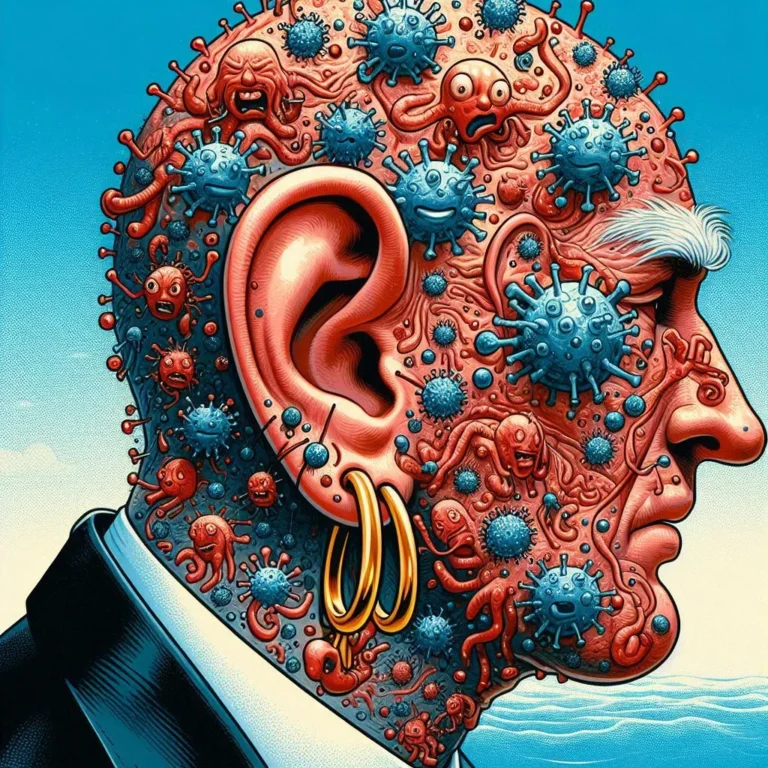Lifelong Health is more than the absence of illness; it’s a dynamic equilibrium involving physical, mental, and preventive dimensions. A holistic approach recognizes the interconnectedness of these facets, providing a roadmap for individuals seeking comprehensive well-being.
Lifelong health embodies a sustained commitment to well-being that extends across the entirety of an individual’s life. It transcends short-term fitness goals, emphasizing the cultivation of enduring habits that promote optimal physical, mental, and emotional health. This holistic approach recognizes that health is a dynamic and evolving continuum, shaped by lifestyle choices, preventive measures, and a proactive attitude toward self-care.
Physical well-being in the pursuit of lifelong health involves consistent exercise, a balanced diet, and adequate sleep. It encompasses preventive healthcare measures, such as regular check-ups and screenings, fostering early detection and management of potential health issues.
Mental and emotional aspects are integral, requiring ongoing practices like mindfulness, stress management, and continuous learning to promote cognitive health and emotional resilience. Lifelong health involves adapting to changing circumstances, evolving health needs, and embracing a mindset that values overall wellness.
Cultivating a sense of purpose, maintaining strong social connections, and engaging in activities that bring joy contribute to the holistic tapestry of lifelong health. Embracing this philosophy empowers individuals to navigate the aging process with resilience, vitality, and a deep appreciation for the enduring benefits of prioritizing health throughout their entire lifespan.

Unlocking the Secrets to Lifelong Health Physical Fitness: Igniting Vitality
Exercise as the Cornerstone
Physical fitness is the keystone of a healthy life. Regular exercise not only fortifies the body but also nurtures mental well-being. It aids weight management, enhances cardiovascular health, and promotes flexibility. The release of endorphins during exercise acts as a natural mood booster, reducing stress and anxiety.
Incorporating Exercise Into Daily Life
Crafting an active lifestyle doesn’t necessitate a gym membership. Simple activities like walking, cycling, or dancing can contribute significantly. Aim for at least 150 minutes of moderate-intensity exercise weekly, coupled with strength training exercises. Tailoring workouts to personal preferences ensures sustainability.
Nutritional Brilliance: Fueling for Excellence
Essential Nutrients for Vitality
Nutritional wellness is the bedrock of optimal health. A balanced diet rich in fruits, vegetables, whole grains, lean proteins, and healthy fats provides the body with essential nutrients. Prioritizing hydration supports digestion, nutrient absorption, and overall cellular function.
Practicing Healthy Eating Habits
Mindful eating transforms nutrition into a mindful practice. Focus on portion control, savoring each bite, and responding to hunger and fullness cues. Minimizing processed foods, sugary drinks, and excessive salt intake fosters a positive relationship with food.
Sleep Harmony: Rejuvenating the Mind and Body
Sleep’s Role in Restoration
Quality sleep is a non-negotiable aspect of health. Adequate rest, ideally 7-9 hours per night, supports physical and mental recovery. It influences immune function, cognitive performance, and emotional resilience.
Creating a Sleep Sanctuary
Establishing a consistent sleep routine signals the body to wind down. Optimal sleep conditions involve a dark, quiet, and cool environment. Limiting screen time before bedtime and steering clear of stimulants contribute to effective sleep hygiene.
Stress Mastery: Nurturing Emotional Resilience
Mind-Body Practices for Stress Reduction
In a world filled with constant demands, effective stress management is imperative. Mind-body practices like meditation, yoga, and deep breathing exercises foster relaxation, reducing stress hormones and enhancing emotional resilience.
Balancing Act: Work, Life, and Everything In Between
Striking a work-life balance is pivotal in stress management. Setting realistic goals, prioritizing tasks, and establishing boundaries prevent burnout. Regular breaks, engaging in hobbies, and fostering social connections contribute to a holistic stress-resistant mindset.
Preventive Vigilance: Safeguarding Future Well-being
Proactive Measures Through Regular Check-ups
Preventive healthcare involves staying ahead of potential health issues. Regular check-ups and screenings for conditions such as hypertension, cholesterol levels, and cancers are essential. Vaccinations play a crucial role in warding off infectious diseases.
Empowering Personal Health Choices
Taking an active role in personal health empowers individuals. Understanding family health history, staying informed about recommended screenings, and adhering to vaccination schedules contribute to a proactive and preventive approach to health.
Conclusion: Building the Foundation for a Vibrant Life
In conclusion, a holistic approach to health integrates physical fitness, nutritional brilliance, quality sleep, stress mastery, and preventive vigilance. By embracing these interconnected elements, individuals can lay a solid foundation for a vibrant and fulfilling life.
Read More : The Pursuit of Fitness: A Holistic Approach to Health







1 thought on “Unlocking the Secrets to Lifelong Health”
Comments are closed.